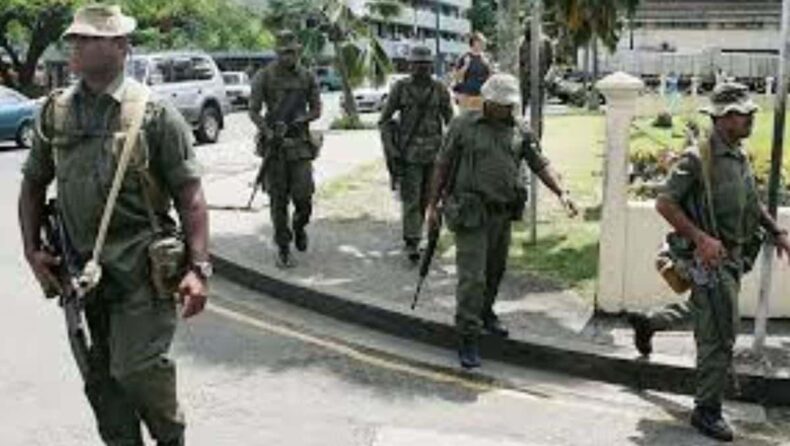
What happened in Hung Parliament?
With the end of a general election in Fiji on Dec 16, no Individual party got the majority of votes to form a government. The ruling party led by Frank Bainimarama lost its power and the opposition leader Sitiveni Rabuka tried to form a coalition government.
In the wake of the hung parliament, concerns were raised by the minority leaders who were often threatened. The police commissioner Sitiveni Qiliho said measures have been taken to handle any unforeseen situations and asked for military help to maintain law and order in the country. Sources say.
The former prime minister Bainimarama stated that there were certain reports of violence targeted at Indo-Fijian homes and businesses which was deeply disturbing. Though the statement was condemned by the opposition parties, police are seeking evidence of disputed reports and attacks.

All about Fiji:
Fiji, the Island nation had a history of military coups which resulted in forming of new governments. In the recent hung parliament, the minority parties collated with the opposition party to form a government led by Sitiveni Rabuka as a Prime minister.
The return of Rabuka, who led the country between 1987 and 1999, would likely maintain good relations with countries like China, Australia, and Newzealand and could reform the country’s geopolitics. The nation currently has greater importance in world politics.

The Islands nation has indigenous ethnic groups along with minorities who have their origins in China, Pacific Islands, and Europe. The nation has a diversity of cultures and traditions, and the country enjoys its freedom of democracy after the end of colonial rule.
Biman Prasad, the leader of the National Federation Party who acted as a backbone in forming a coalition, quotes “ a new era starts with the formation of new government paving a way for a new path”.













